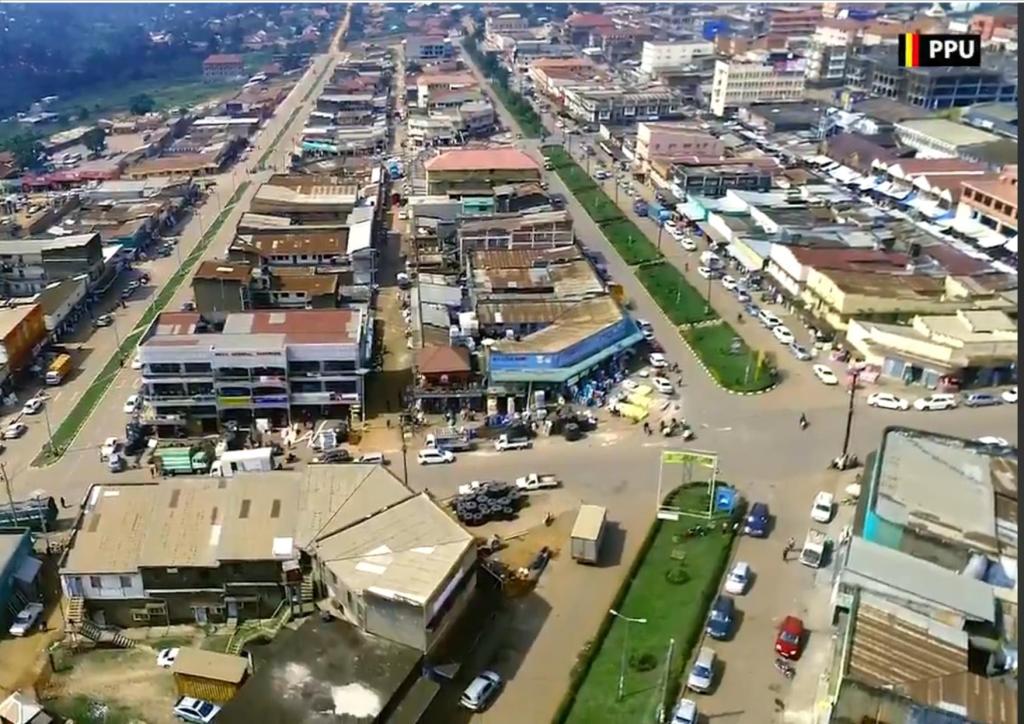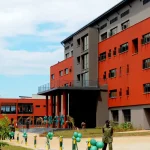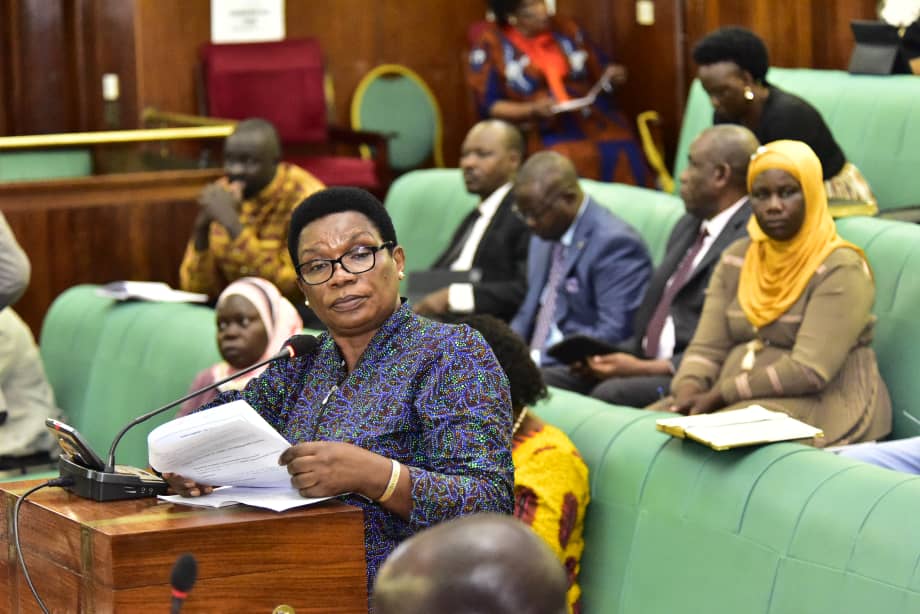The Infectious Diseases Institute (IDI) has assumed responsibility for all HIV/AIDS-related programs previously operated by the Rakai Health Sciences Programme (RHSP), according to recent reports. This change comes after the Center for Disease Control and Prevention (CDC) terminated its funding support for RHSP’s HIV/AIDS prevention, care, and treatment services, which it had been supporting for numerous years.
Dr. Andrew Kambugu, the Executive Director of IDI, confirmed this development during an interview on Saturday. He mentioned that some RHSP staff members would be retained temporarily during the transition.
Additionally, it was discovered that some RHSP employees chose to resign as early as January upon learning of the discontinuation of CDC funding. Mr. Joseph Kagaayi, the former RHSP Executive Director, resigned in June 2023 and was succeeded by Dr. Godfrey Kigozi.
Dr. Kambugu also revealed that CDC would provide $22 million (approximately Shs 82.9 billion) during the first year to support IDI’s programs.
In a circular dated September 1, 2023, RHSP informed all 12 beneficiary districts that it would cease its HIV/AIDS project activities starting September 30.
Dr. Denis Bbaale Sekavuga, the Head of Health Systems Strengthening at RHSP, stated, “RHSP shall not be in a position to support any more HIV/AIDS project activities after the above (September 30) expiry date.” He added that RHSP would not be liable for any outstanding issues related to its previous work and advised districts to report such matters to IDI.
RHSP, formerly known as the Rakai Project, was established in 1987 during the peak of the HIV/AIDS epidemic. The organization played a crucial role in conducting research on HIV/AIDS, providing treatment, and caring for orphans affected by the disease. It later expanded its network to cover the entire Masaka sub-region and parts of Mpigi, Butambala, and Gomba.
The Masaka sub-region, where Uganda’s first HIV case was identified in 1982, has consistently had the highest HIV burden in the country, with prevalence rates of 10.6 percent in 2011, 8.0 percent in 2016, and 8.1 percent in 2020, as indicated by data from three consecutive national HIV/AIDS surveys.




















